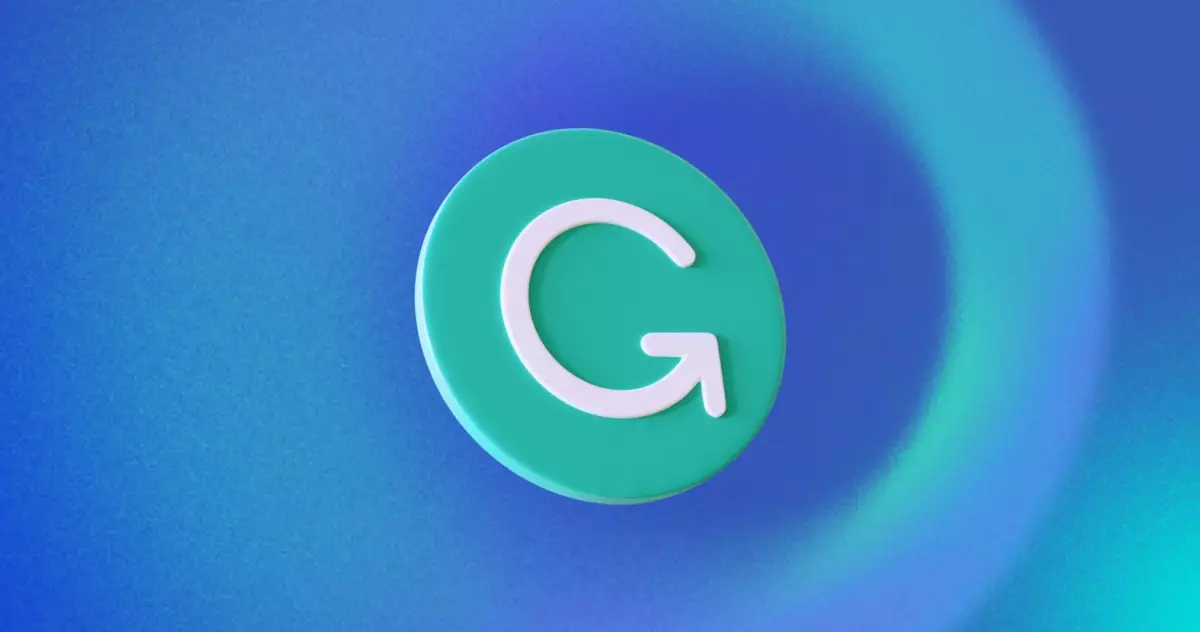In a significant move anticipated to reshape the productivity software sector, Grammarly announced its acquisition of Coda, a burgeoning startup specializing in collaborative document editing and workspace tools. This partnership signifies more than a mere acquisition; it represents Grammarly’s strategic initiative to enhance its AI capabilities and broaden its user functionalities. With Coda’s CEO, Shishir Mehrotra, stepping into the role of Grammarly’s CEO, expectations for transformative leadership are high.
Shishir Mehrotra, credited with substantial contributions to YouTube’s growth as its chief product and technology officer, expressed an ambitious vision for Grammarly. In a comprehensive blog post, Mehrotra elaborated on the future potential of Grammarly’s AI assistant. He envisions an intelligent system capable of seamlessly integrating with users’ existing applications—ranging from emails to project management tools—enhancing overall productivity. This objective indicates a shift towards a more integrated and holistic approach, positioning Grammarly not just as a writing tool but as a comprehensive productivity platform.
The financial specifics of the deal remain undisclosed, but industry insights about both companies’ market valuations reveal a strategic alignment in goals. Grammarly, boasting 40 million active users and valued at an impressive $13 billion, aims to leverage Coda’s innovative AI tools. Coda itself showcased significant promise with a valuation of $1.4 billion following its Series D funding in 2021, indicating a strong market presence and user adoption.
Bringing Coda’s suite of AI-driven capabilities under Grammarly’s umbrella promises to deliver novel features aimed at enhancing user experience. With plans for integrating generative AI chat and a comprehensive productivity suite, Grammarly is poised to redefine how creative and professional work is conducted. The idea of merging Coda Docs—with its collaborative capabilities—with the Grammarly Assistant presents a unique opportunity to create a rich, user-centered environment that fosters innovation and efficiency.
Mehrotra has communicated intentions to develop a platform that not only serves as a refining tool for writing but also consolidates knowledge management and collaborative workflows. This strategic direction suggests that Grammarly will lead the charge in transforming workplace productivity, ensuring that users have access to intelligent assistants capable of understanding and adapting to their specific needs.
As competition intensifies with emerging AI tools catering to writing and productivity, Grammarly’s acquisition of Coda sets the stage for a formidable response. By harnessing Coda’s technology and approach, Grammarly aims to differentiate itself in a saturating market. As AI becomes increasingly essential in everyday tasks, providing a product that integrates seamlessly with various tools will attract a broader user base.
Ultimately, Grammarly’s acquisition of Coda is emblematic of a larger trend in the tech industry, where consolidation leads to the creation of more powerful, adaptive tools that cater to increasingly complex user needs. As companies navigate through this transformative AI era, Grammarly’s strategic vision, under Mehrotra’s leadership, may very well play a pivotal role in shaping the next generation of productivity solutions.

